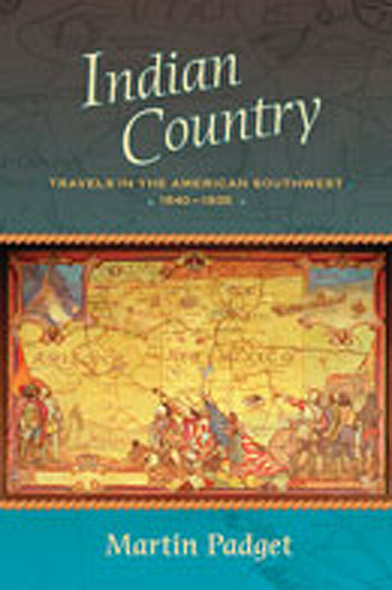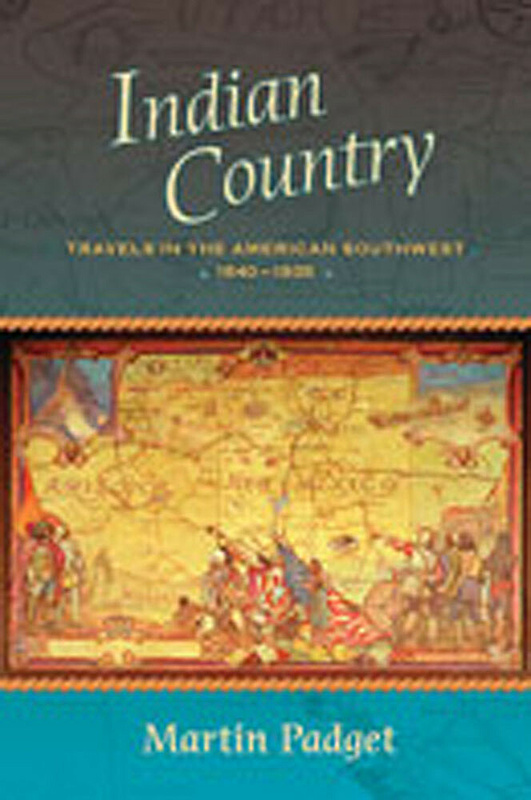Indian Country
Travels in the American Southwest, 1840-1935
Indian Country analyzes the works of Anglo writers and artists who encountered American Indians in the course of their travels in the Southwest during the one-hundred-year period beginning in 1840. Martin Padget looks first at the accounts produced by government-sponsored explorers, most notably John Wesley Powell’s writings about the Colorado Plateau. He goes on to survey the writers who popularized the region in fiction and travelogue, including Helen Hunt Jackson and Charles F. Lummis. He also introduces us to Eldridge Ayer Burbank, an often-overlooked artist who between 1897 and 1917 made thousands of paintings and drawings of Indians from over 140 western tribes.
Padget addresses two topics: how the Southwest emerged as a distinctive region in the minds of late-nineteenth- and early-twentieth-century Americans, and what impact these conceptions, and the growing presence of Anglos, had on Indians in the region. Popular writers like Jackson and Lummis presented the American Indians as a "primitive culture waiting to be discovered" and experienced firsthand. Later, as Padget shows, Anglo activists for Indian rights, such as Mabel Dodge Luhan and Mary Austin, worked for the acceptance of other views of Native Americans and their cultures.
Martin Padget is a lecturer in American Studies in the Department of English at the University of Wales.






